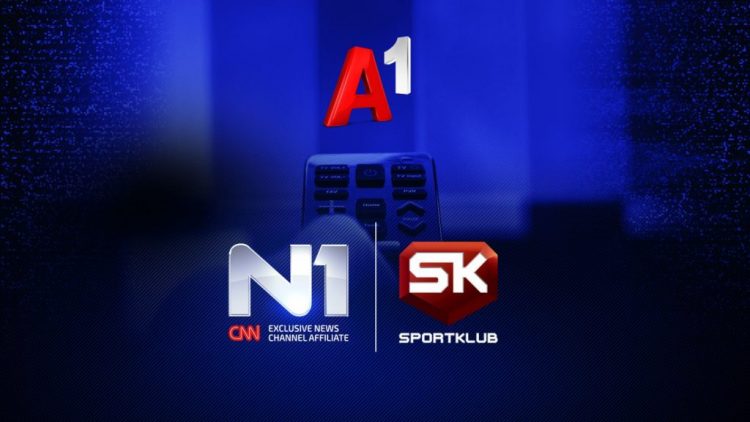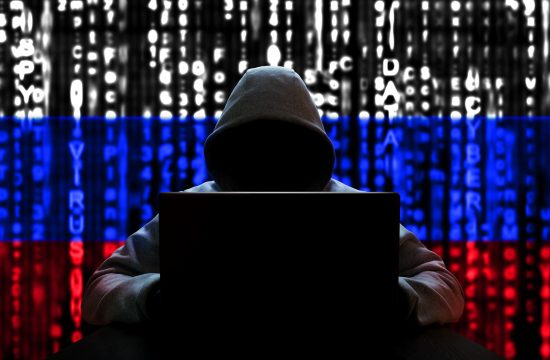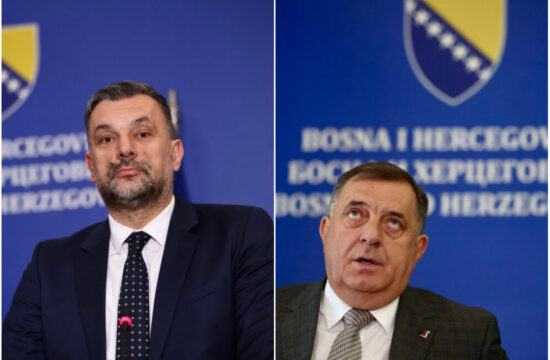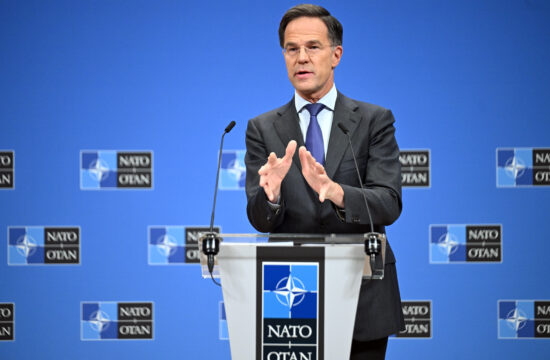
Croatian Minister of Culture and Media Nina Obuljen-Korzinek told N1 on Sunday that the events between the A1 cable operator and N1 TV are a business relationship between the two companies, adding that the A1’s decision to remove N1 from its catalogue is evidence of a free market.
I think that it’s in the interest of the Croatian public that they have as much media offer as possible. What is happening in the A1-N1 relationship is a business relationship between the two companies. It is the business decision of your owner that you as a medium be registered in Luxembourg and that you have never applied for a concession. When I heard statements over the past few days that there is no pluralism – this is pluralism. The fact is that all other pay channels are included in the offer in accordance with agreements with the operator, including you,” she said. “N1 is a production registered in Luxembourg. It was a business decision, not the decision of the Government and politics, to set up this channel in this way. Allow me to give you an example: tomorrow your owner may decide that you are music, sports or any other type of channel. Nothing in the current of future Law (on Electronic Media) will apply to channels like N1, which are pay television.”
“Given that we have announced that we will discuss Article 68 (of the Law on Electronic Media). A1 and Hrvatski Telekom (HT) were equally inclined to change that article. If Article 68 is changed, it will change in a way that it introduces some other principles, that (offers) must be offered to all operators under the same conditions. she said, adding that “It wouldn’t be good if N1’s reporting on this matter would be seen as a kind of pressure to change the law.”
The Minister also explained what the term Vertical integration means.
“The point is that currently, the one who is the operator cannot be a producer at the same time. This was done so they would not put themselves in a situation where they would offer their platform to themselves for cheaper than they would offer it to the competition,” she said.
“We do not know what happened during the negotiations between the two companies (N1 and A1). The two companies have so far agreed to broadcast the service for a certain price. The two companies must agree on how much the service is worth and under what conditions they will broadcast the program. Someone is putting a price for that package and that is the difference between pay television and concession television. If Article 68 is amended, it will predominantly refer to Nova TV, which has a national concession,” she explained.
Obuljen-Korzinek also said it would be very important to study the legal framework.
“Precisely because there is market freedom, N1 TV can be broadcasted. I’ve heard so many questions from N1’s reporters, over the last week, and I’ve realized that you don’t even differentiate what it’s like when you work for pay television. It is the business decision of your owner to organize their business in this way. Nothing will change by changing the Law when it comes to opting to broadcast a pay television on a cable operator. What is specific and what creates a misunderstanding is that we have a pay television (N1) that is registered in another country, but it predominantly addresses our (Croatian) audience,” the Minister pointed out.





Kakvo je tvoje mišljenje o ovome?
Budi prvi koji će ostaviti komentar!